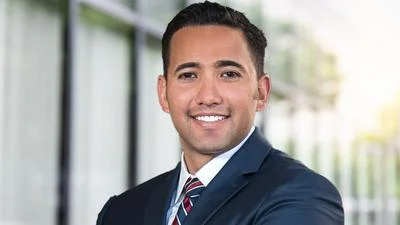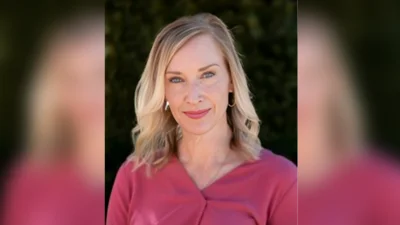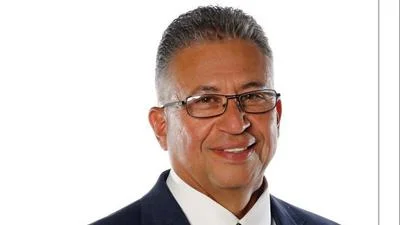New Mexico’s recently enacted methane and ozone rules are creating problems in the state’s energy industry, according to state Rep. Larry Scott (R-Hobbs).
Scott said the effect is seen most prominently in small producers who are being edged out due to increased regulation of emissions gasses at wellheads.
Those rules rob state coffers of tax dollars made on production of 150,000 barrels of oil by small producer a day or around $4,700,690,280 in production profits per year at today’s per barrel oil price of $85.80, he said.
In addition, Scott noted losing that domestic production emboldens Middle Eastern dictators.
“The governor has not been openly hostile,” Scott told the New Mexico Sun. “But the regulatory environment in New Mexico is unfriendly toward the end energy industry at the present time, and specifically I am going to reference the methane rule and the ozone precursor rules that just entered into service this year. We've also seen of late some rule breaking referencing groundwater issues that may be some more heartburn for the industry.”
“The problem with the methane and ozone precursor rules is they make any allowance for very low volume production, where it is in many cases completely uneconomic to recover the one or two small volumes of methane and vapors that come with stripper oil wells – that is a 3 to 10 barrel a day range. It's the equipment required, the gas connections required. The economics don't support any of that occurring, which means that I believe a lot of this legacy production, low-volume production, which on a well-by-well basis doesn't amount to much, but in total amounts to many thousands of barrels a day with taxes going into state coffers. It's a waste of that resource.”
“It's my understanding we're probably talking about something less than 150,000 barrels a day that would be potentially at risk. So whatever the oil price is, the state collects 9% plus/minus of every barrel that goes out the door. So you do the math.”
“The state land office has promulgated some rules to make it difficult to transport water across state lines for new oil field service, but's that's the only other issue that I'm aware of at this time.”
“The first thing we did when this (Biden) administration came into power, was shut down the Keystone XL pipeline, poking a finger in the eye of our Canadian neighbors, and presently courting Venezuela and Saudi Arabia to back up enough oil production to mitigate the effects of high gasoline prices. This national energy policy is discouraging development in the lower 48 and Alaska, while we travel hand-in-hand to dictators is just nuts.”
Gov. Michelle Lujan Grisham championed the new rules despite the potential economic impact.
“Today marks the fulfillment of a promise I made to New Mexicans – to create strong, enforceable regulations in the oil and gas sector that will result in cleaner, healthier air in our communities,” Lujan Grisham said. “This is a momentous step forward in achieving our goals of lowering emissions and improving air quality. New Mexicans can be proud of the fact that we are leading the nation by implementing rules that protect our families and their environment.”
The Independent Petroleum Association of New Mexico (IPANM) filed a lawsuit after the rules were passed.
Jim Winchester, executive director of the organization, wrote an opinion piece outlining how the association representing the state’s oil producers had been left out of the regulatory conversation after being involved to weigh in on an industry perspective on previous drafts.
“For the state administration to tinker with the largest economic driver in the state without such consideration is unacceptable,” Winchester wrote.
“IPANM has no choice but to appeal the Ozone Precursor Rule," Winchester wrote. "We do so as a last resort after years of good faith effort on our part to help the state develop a reasonable rule. We sincerely hope that the Environment Department will reconsider the adopted rule, hold off on implementation, and re-petition the EIB to adopt a fair, balanced rule. IPANM supports emissions reductions, but the current rule’s regulatory overreach disproportionately restricts development from small, independent producers."
The regulation took effect in August despite an appeal by IPANM.
Another group fighting the regulations, Power the Future, noted the rules will inevitably result in higher gas prices.
“This rule will not only raise the cost of living on our families, but it will place a massive burden on the remaining small businesses that are already struggling,” Power the Future spokesman Larry Behrens said, according to the Carlsbad Current Argus. “This appeal is a critical first step to stopping Gov. Lujan Grisham from taking unilateral action to raise the cost of gas even further.”









